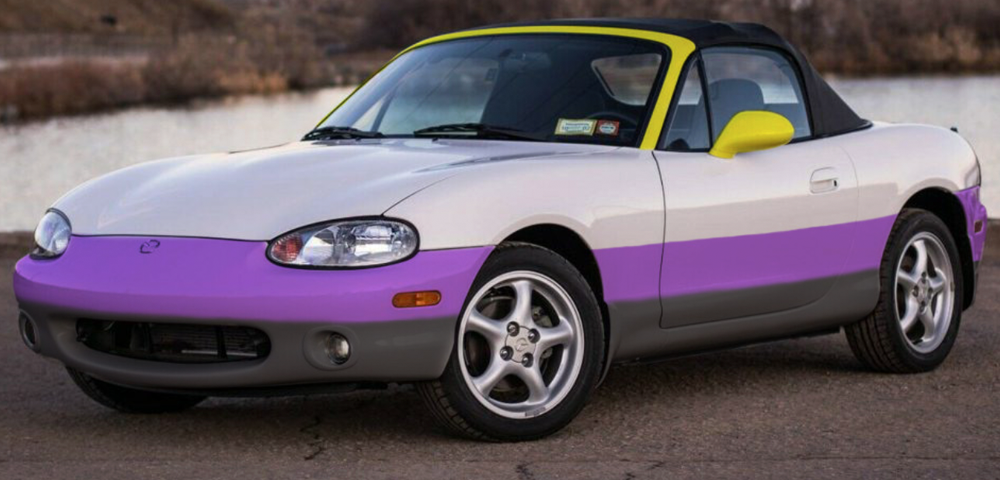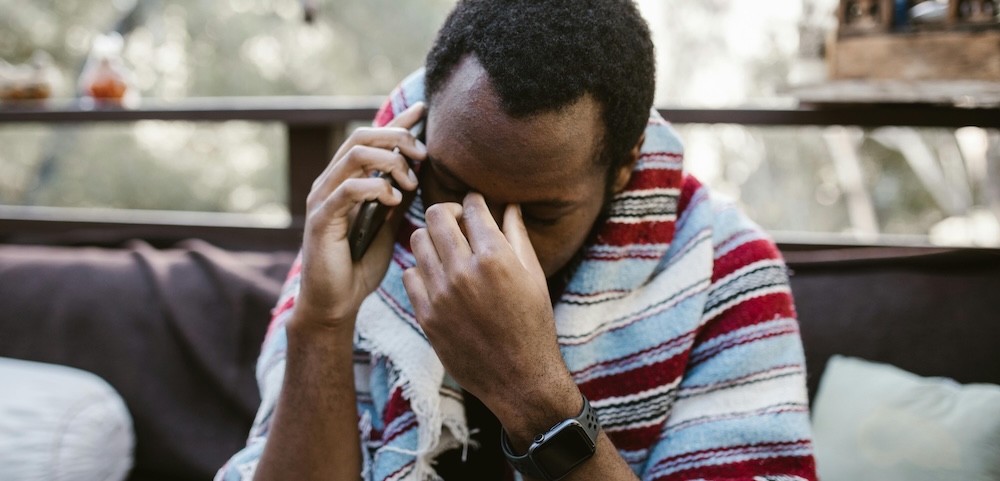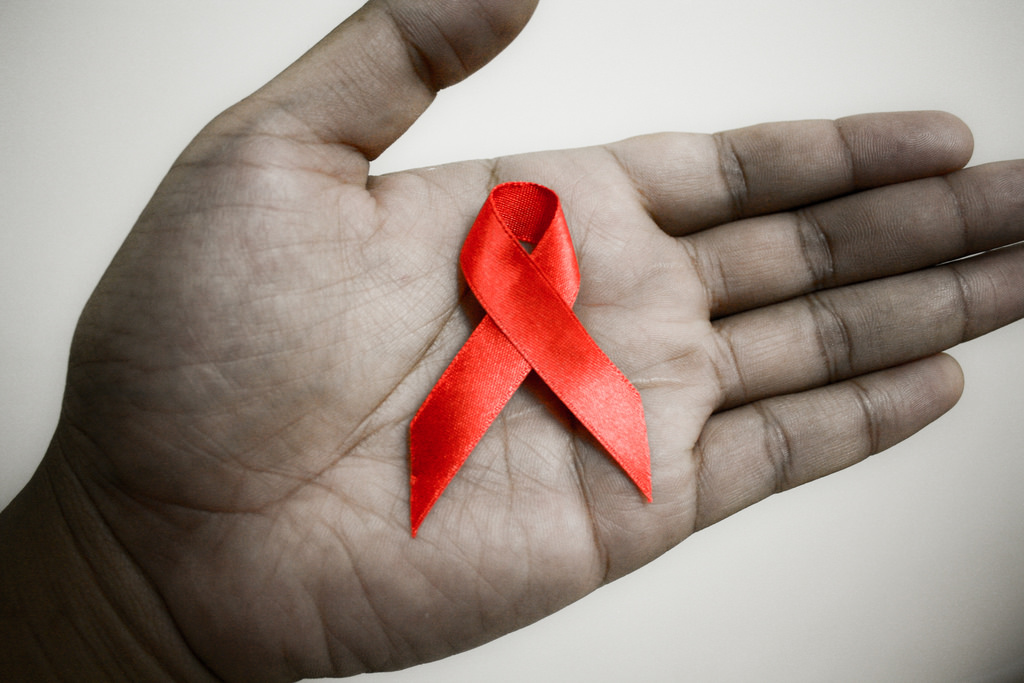
Every fool is different in Cologne
Even the most devoted citizen has to admit it: Cologne can hardly be called a beautiful city. The destruction caused by the Second World War was replaced by horrible architectural sins in the 50s. Why is it, then, that Cologne has become a centre of queer life, with an estimated 100,000 lesbians and gays living here? Why do hundreds of thousands of guests from all over the world flood into the city during Carnival or the annual Pride days? And why are even a million gays, lesbians, bisexuals and transgender persons expected to conquer Cologne during this year’s Europride celebrations in June and July?
You may find the answer when you explore the local mentality. Cologne is a Catholic city, the church has its fixed position in the city, but its dogmas are not taken too seriously any more. Cologne is also a liberal city. Our version of live and let live is jede jeck is anders (every fool is different). Natives and imis (that’s what we call people settling here from other areas) alike simply love to celebrate. Every year, Carnival breaks down the social barriers, and even if you don’t understand a single word of all the strange-sounding songs that are en vogue during that time, you will be able to sing along immediately.
Cologne Pride has exported Carnival into the summertime and enriched it with political action. The very first street fest took place in 1991, with about 5,000 guests. Ten years later 40,000 people took part in the parade, enthusiastically supported by 750,000 spectators along the route. Cologne now boasts the biggest Pride event in Germany -“ sorry, Berlin -“ and the third-biggest festival in the city itself.
All of which amounts to enough reasons to qualify Cologne for organising Europride 2002. At least that’s what EPOA, the European Association of Pride Organizers, thought when they made it the successor of previous host cities such as Stockholm, Copenhagen, Rome (2000) and Vienna (2001). And the devoted organisers of K?r Lesben-und Schwulentag do everything they can to live up to the high expectations. From 15 June till 7 July the city is bursting with cultural highlights (a choir festival and the Europride Song Contest among them), festivals, gala events, street fests in the main gay areas, sports tournaments, lectures, conventions, and of course parties, parties, parties.
Europride culminates on the weekend of 6 and 7 July with the legendary street fest in Cologne’s Old Town and the parade on Sunday.
Besides the big events, the community in this city has a lot to offer. The scene has boomed over the past 10 years. Lesbian life mainly concentrates on the southern part of the city (S?adt) and Rathenauplatz, while dozens of gay bars can be found in the Rudolfplatz area and the Old Town (Altstadt).
Around the Rudolfplatz (local gays call it the Bermuda Triangle) the crowd is more trendy, while the Altstadt offers fetish bars for everybody’s taste. Lesbians and gays have become an economic and political power in the city, and the message has been heard: now even the local conservatives such as Lord Mayor Fritz Schramma are courting the community.
Cologne is not only a gay Mecca. The city’s history reaches back to 54BC, when it was founded by Julia Agrippina, wife of Roman Emperor Claudius. In the Old Town there are still parts of the Roman sewer system, as well as a part of a Roman street, right in front of the R?ch-Germanisches Museum that houses a huge collection of artefacts from that era. Art is a very important factor in Cologne; there are about 100 museums and galleries all over town, including Museum Ludwig with one of the finest collections of modern art in Europe, and the Wallraf-Richartz Museum with its extraordinary collection of Dutch and Flemish paintings.
And of course there is the Cologne cathedral, right next to Central Station, which took some 632 years to complete and serves now as Cologne’s most cherished landmark. The majestic River Rhine flows right through the city, and the bank promenades are always nice for an extended walk.
Anyone who has become a little more familiar with the sparkling city and its inhabitants may discover that Cologne is not so ugly after all. Some hidden attractions meet the eye only at second or third sight. When the temperatures rise and the bars and caf?open their terraces, there is even something like a Mediterranean flair in the air -¦
Â
Torsten Bless is deputy editor-in-chief of Queer, Germany’s biggest nationwide monthly paper for the GLBT community.
Â
USEFUL WEBSITES
-¢ General tourist information: http://www.koeln.de.
-¢ Detailed information about all the activities and events around Europride (you can subscribe to the online newsletter): http://www.europride2002.de/europride/null/indexe.shtml.
-¢ Detailed web sites with information about the GLBT scene and a detailed schedule of events in the city: http://www.gay-cologne.com and http://koeln.gay-web.de.
Â
USEFUL ADDRESSES FOR A FIRST VISIT
-¢ Cologne Tourist Office, Unter Fettenhennen 19 (next to the cathedral), phone +49-221-221-23381, offers detailed information material and hotel reservation service.
-¢ Checkpoint, Pipinstr. 7 (next to tramstop Heumarkt), phone +49-221-92576868 (or -69) -“ gay and lesbian switchboard, provides detailed information material about Cologne’s GLBT scene, including maps, magazines and brochures, also hosts private accommodations.
-¢ Schulz, Kart?erwall 18 (next to tramstop Chlodwigplatz) -“ Europe’s biggest GLBT community centre on three levels, with a nice caf?n ground level.









